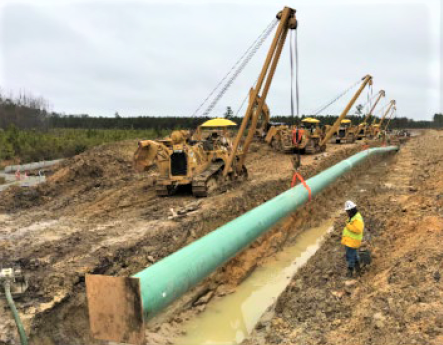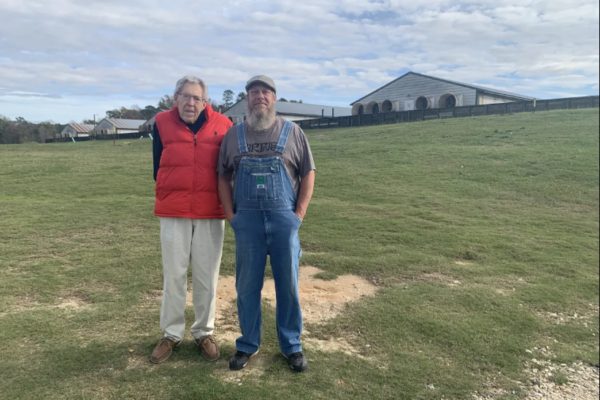The Charleston Gazette-Mail, May 27, 2019
By Kate Mishkin
The federal government and Atlantic Coast Pipeline will have more time to appeal a lower court’s ruling that halted the Atlantic Coast Pipeline.
Noel Francisco, the solicitor general, wrote to the U.S. Supreme Court asking to move the deadline to June 25 — one month after the initial deadline. The ACP subsequently filed a request for an extension to file a petition for a writ of certiorari, or a request that the Supreme Court hear the case. Chief Justice John Roberts granted the request.
“The additional time sought in this application is necessary to permit the preparation and printing of the petition, and because the attorneys with principal responsibility for drafting and reviewing the petition have been heavily engaged with the press of other matters before this Court at this time in the Court’s term,” Francisco wrote.
At issue is the 4th Circuit Court of Appeals’ December decision to vacate two key approvals from the U.S. Forest Service.
The panel of federal judges said the Forest Service had violated the National Environmental Policy Act and National Forest Management Act in approving the project’s Special Use Permit and Record of Decision to construct the project through national forests. The panel also said the Forest Service lacked the authority, under the Mineral Leasing Act, to grant rights-of-way through the Appalachian Trail.
In the opinion, Judge Stephanie Thacker wrote that the Forest Service had “abdicated its responsibility to preserve national forest resources.” Chief Judge Roger Gregory and Judge James Wynn joined the opinion.
Construction on the 600-mile-long natural gas project has been suspended since then.
The federal government and ACP asked for a panel rehearing en banc, meaning the case would be heard before all judges on the 4th Circuit. Those requests were denied.
“It’s not surprising that Dominion’s Atlantic Coast Pipeline is in jeopardy with multiple permitting problems,” said Greg Bupert, an attorney for the Southern Environmental Law Center, which represented a coalition of environmental groups in the case. “Forcing a massive pipeline through a national park, national forests and some of the steepest mountains in Virginia was never a reasonable approach. Of course, we’ll respond to any petition that the company files in the Supreme Court.”
In an email, Karl Neddenien, spokesman for the project, said ACP welcomed the solicitor general’s appeal.
“For decades, under Democratic and Republican administrations alike, 56 other oil and gas pipelines have operated across the [Appalachian Trail],” Neddenien said. “It is a matter of national energy security regarding whether these existing pipelines can remain in place.”





